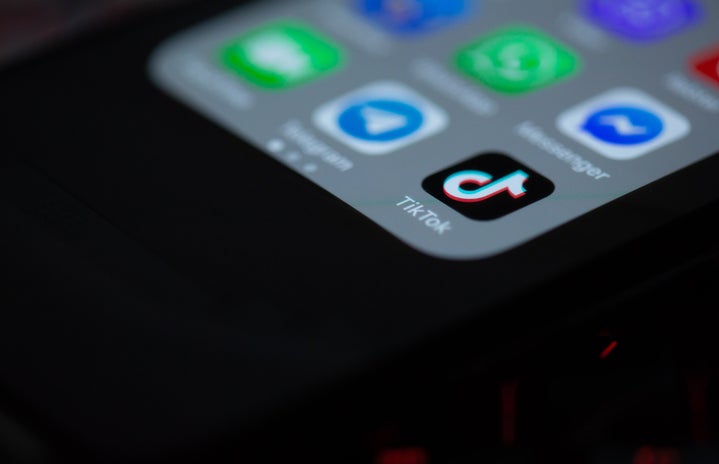By Allyyah Aali
In the age of social media, relatability has become a prized currency for influencers seeking to connect with their audience on a personal level. The rise to fame of influencers like Jackie Aina, Monet McMchielle and Emma Chamberlain, who initially gained popularity for their relatability, has led to a paradoxical phenomenon. As they ascend the ladder of fame, they risk becoming disconnected from the very audience they once resonated with.
The Illusion of Relatability
Jackie Aina, Monet McMchielle and Emma Chamberlain are shining examples of influencers who captivated their audience with their down-to-earth personas. They shared everyday struggles, relatable anecdotes and genuine experiences, making their followers feel understood and seen. Their popularity soared because people identified with their authenticity.
The Pitfalls of Stardom
As influencers ascend the ladder of fame, their lives undergo a significant transformation. Jet-setting to exotic locations, adorned with luxury goods, and gracing red carpets, they showcase a life that contrasts their earlier relatable narratives. This shift can cause a growing disconnect between the influencers and their audience. Their experiences become aspirational, rather than relatable and the gap between their followers’ lives and theirs widens.
Monet McMchielle: A Tale of Transformation
Take, for instance, Monet McMchielle, whose YouTube channel began as a platform for thrift shopping and DIY fashion. Her early content resonated with audiences seeking style inspiration without breaking the bank. However, as she gained prominence, her videos started featuring high-end brands and extravagant hauls. Her newfound affinity for luxury brands, though reflective of her success, can alienate her original audience who may no longer see her as relatable.
Jackie Aina and Emma Chamberlain: Authenticity Amidst Fame
Jackie Aina’s journey from a relatable beauty enthusiast to a globally recognized beauty influencer has been inspiring. While she remains grounded and continues to advocate for inclusivity in the beauty industry, her collaborations with high-end brands and participation in glamorous events can create a divide between her and her audience.
Emma Chamberlain’s charm was her unfiltered and relatable personality that resonated with Gen Z. However, as her fame grew, so did her access to exclusive events and opportunities. While she acknowledges the change in her lifestyle, her humor and authenticity still bridge the gap between her and her audience, reminding them that fame doesn’t necessarily change the core of who she is.
Navigating the Dilemma
In the era of influencers, the challenge lies in maintaining a delicate balance between relatability and growth. It is a testament to their authenticity when influencers like Jackie Aina, Monet McMchielle and Emma Chamberlain openly address the evolution of their lifestyles and acknowledge their changing circumstances. By acknowledging their privilege and staying true to their values, they can remain accessible to their audience while embracing their newfound fame.
Conclusion
The paradox of relatability faced by influencers like Jackie Aina, Monet McMchielle and Emma Chamberlain underscores the complex relationship between authenticity, fame, and accessibility. As influencers navigate their journey from everyday individuals to celebrities, they must remain cognizant of the factors that initially endeared them to their audience. It is in their hands to ensure that the authenticity that brought them fame does not crumble under the weight of stardom. In doing so, they can preserve the connections they’ve forged while embracing the transformative power of their influence.


